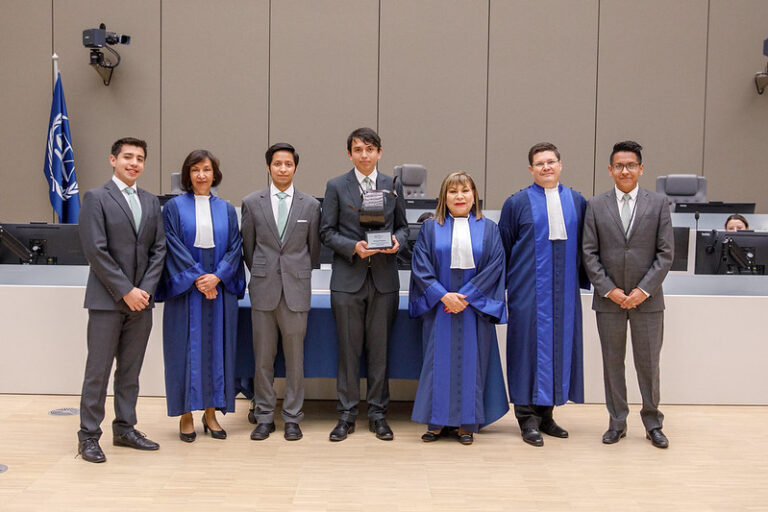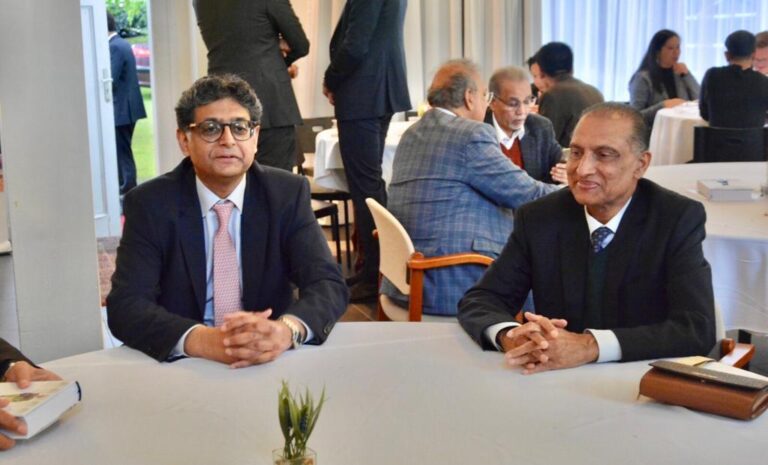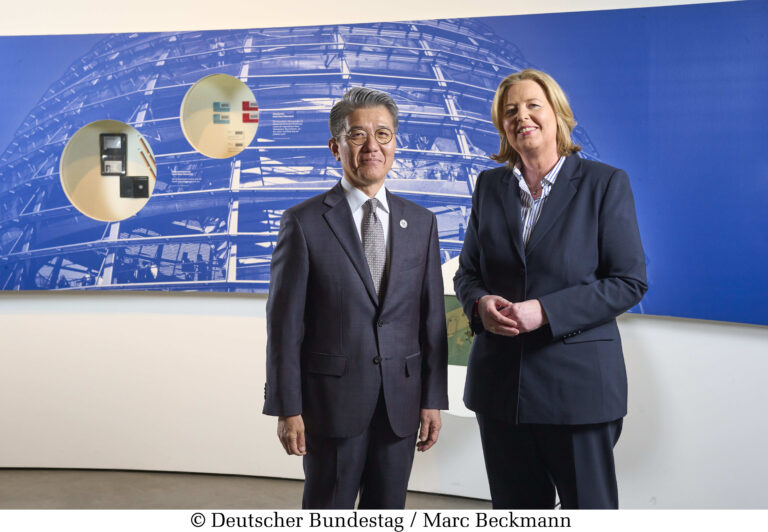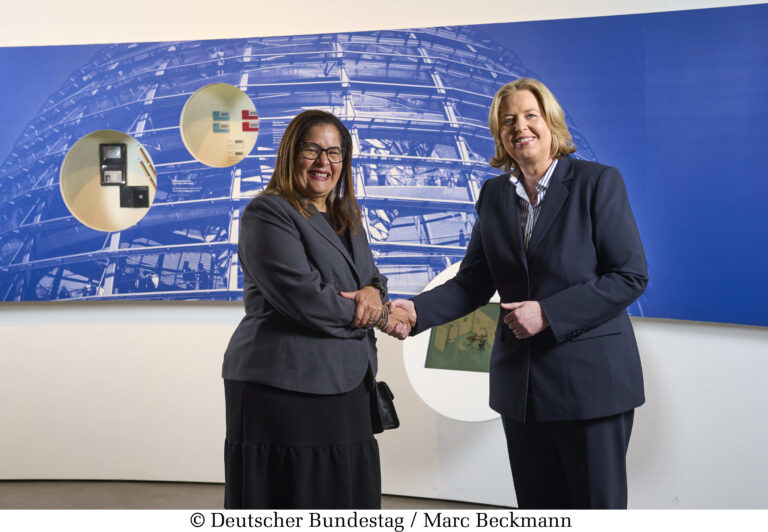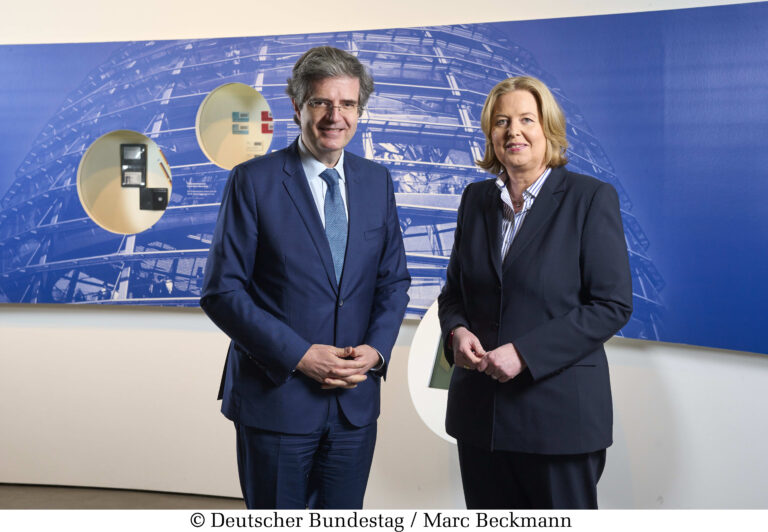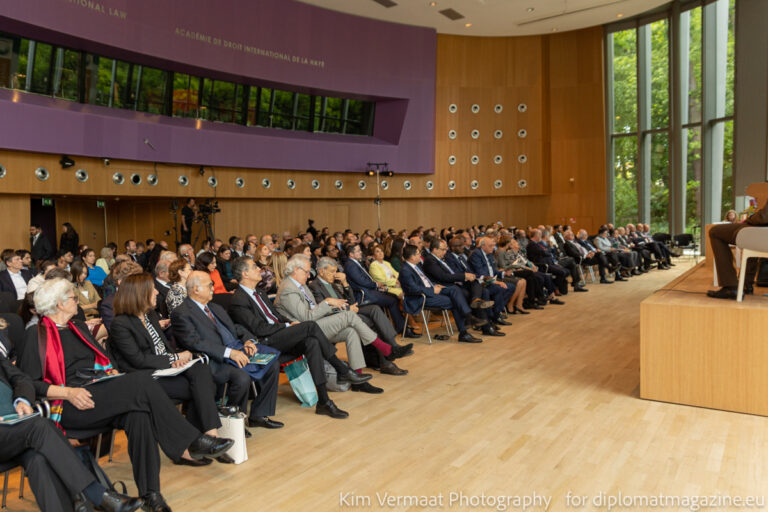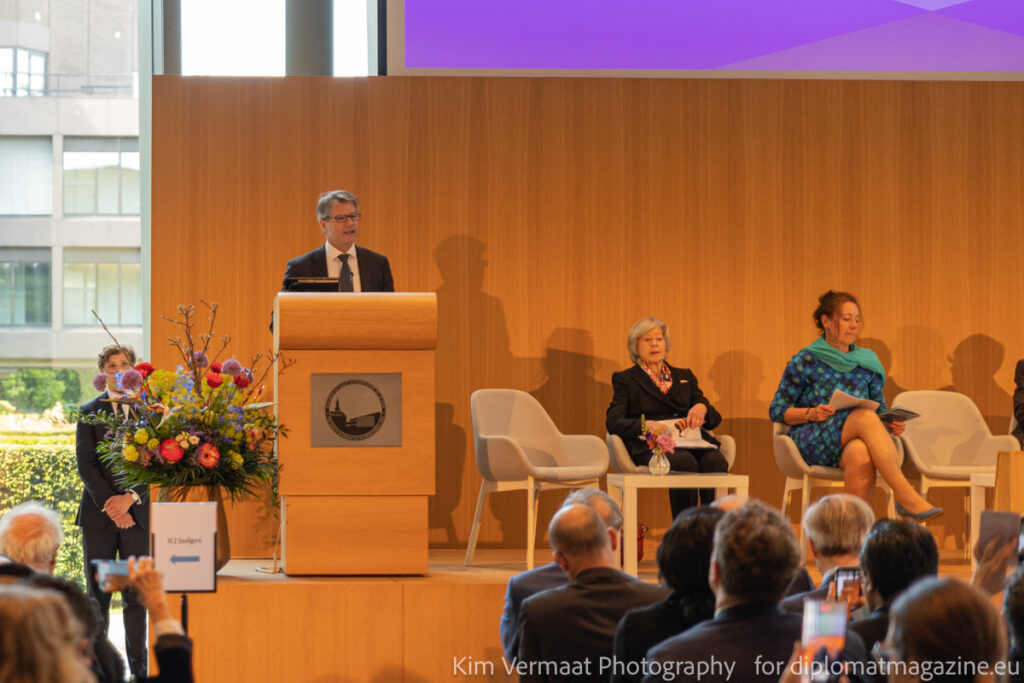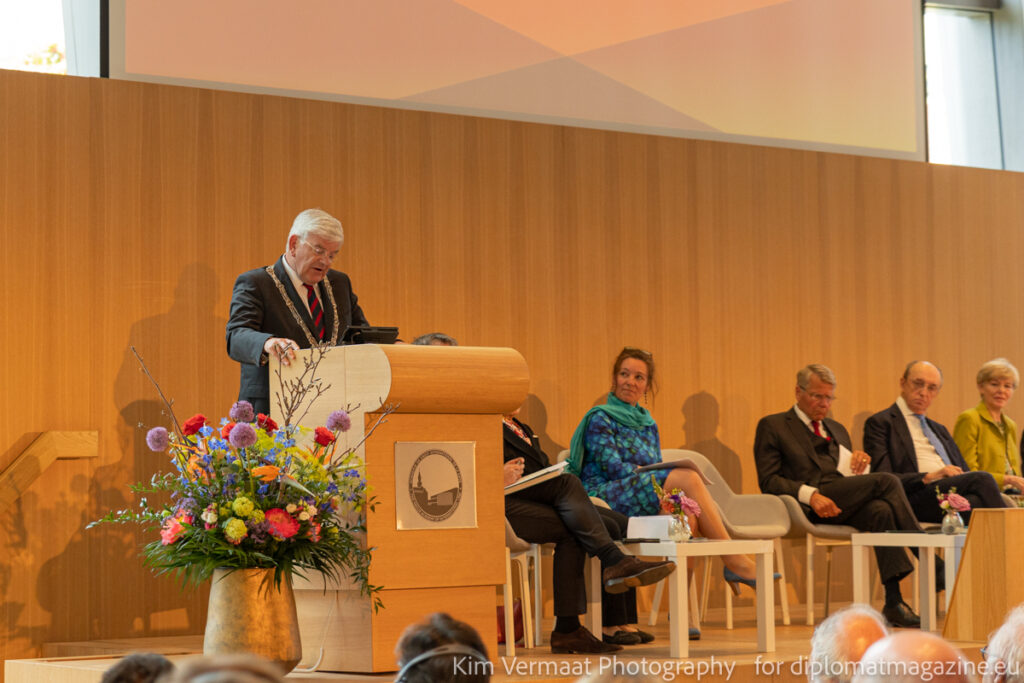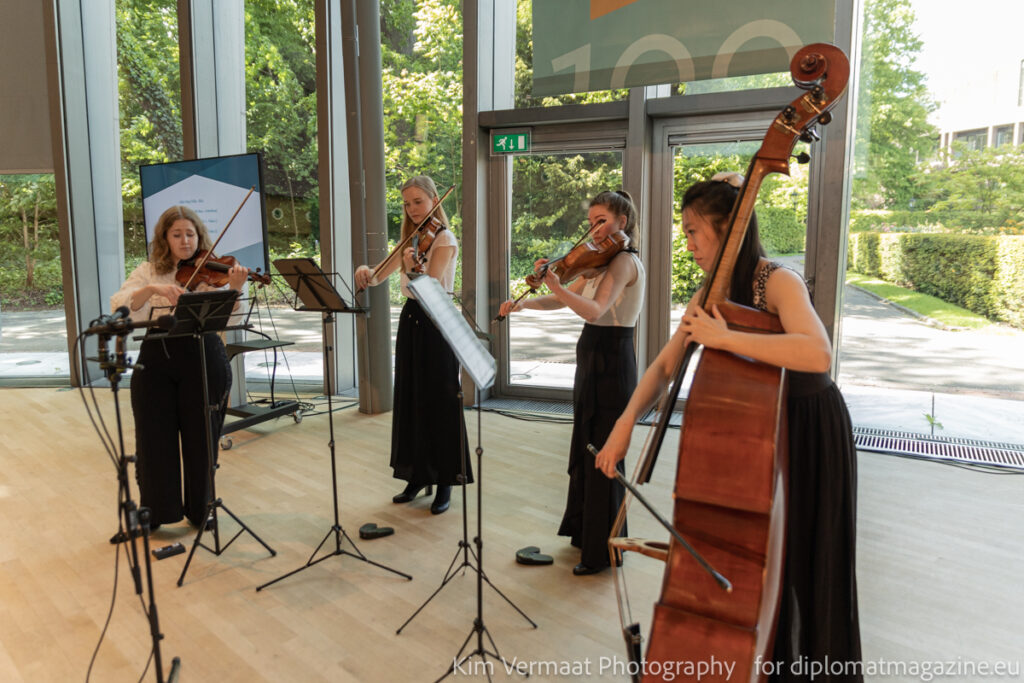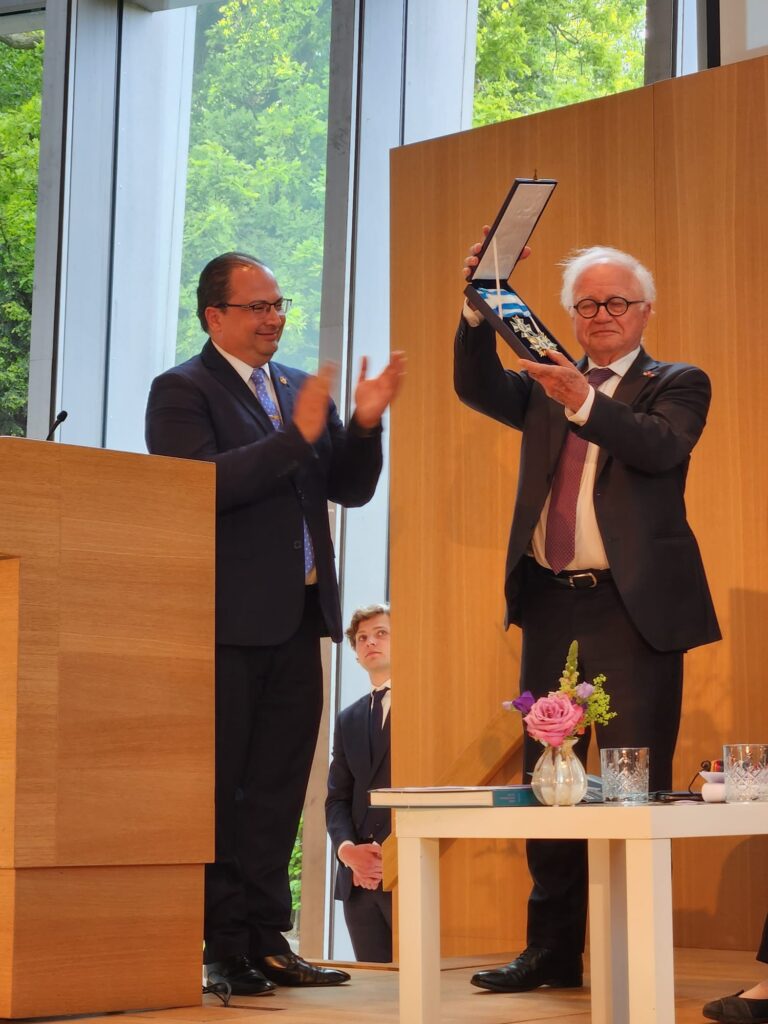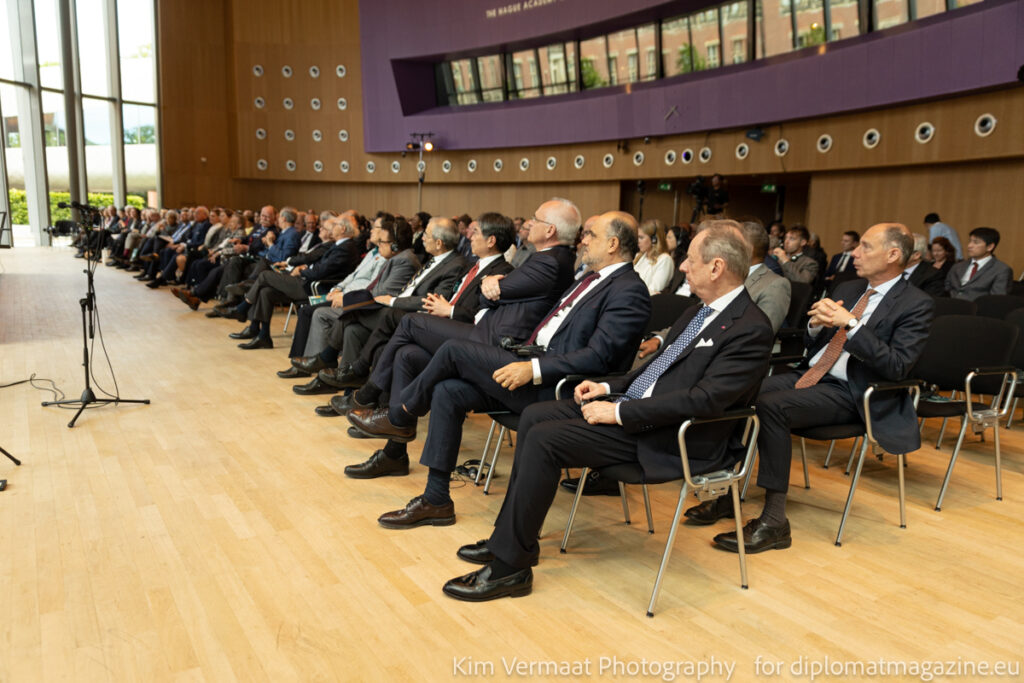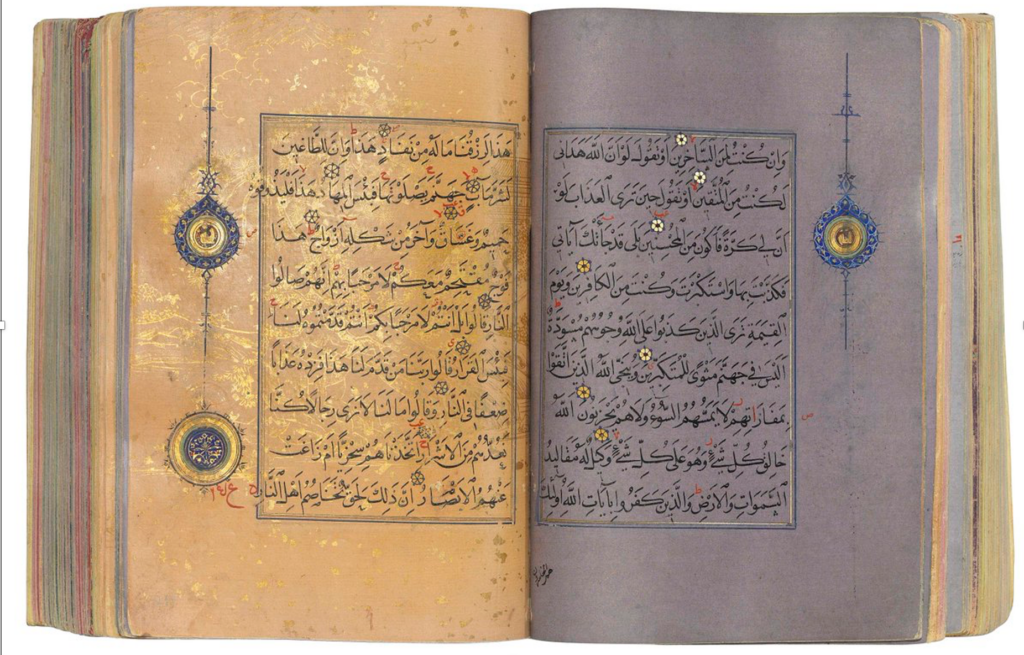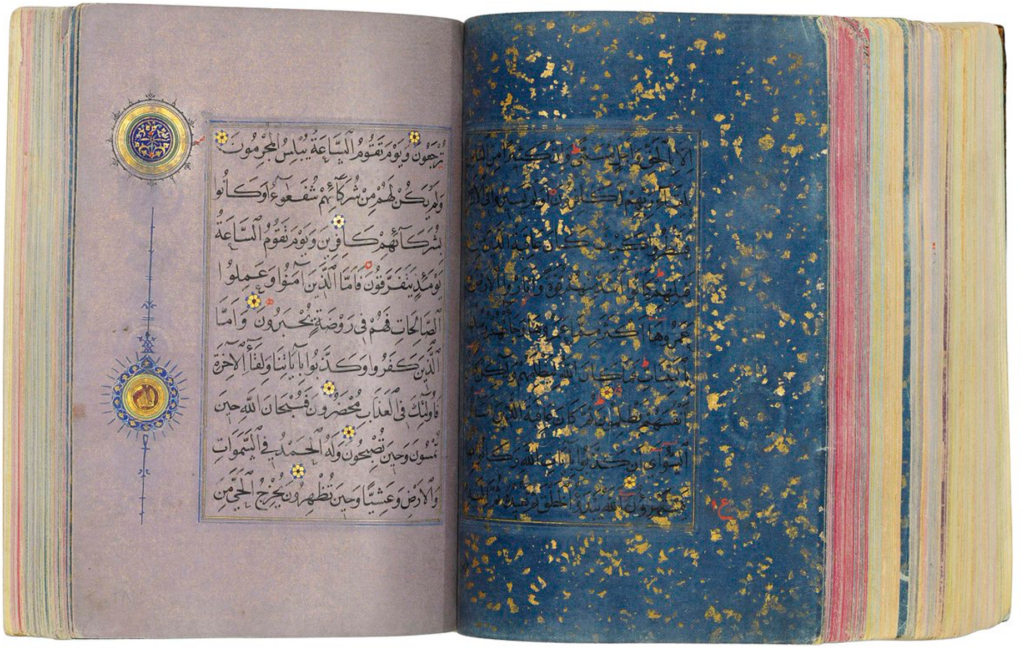By Mukhammadjon Rashidov
The chemical industry of Uzbekistan plays an important role not only in diversifying exports and strengthening the macroeconomic indicators of the republic, but also in providing the necessary products of other industries, and in meeting the vital needs of citizens. The number of consumers of chemical industry products includes agriculture, furniture, mining, electronic and electrical, oil and gas, construction, food industry and others.
To date, 44 enterprises and organizations operate in the system of JSC “Uzkimyosanoat”, of which 30 enterprises and organizations with a share of JSC “Uzkimyosanoat” in the authorized fund, 14 enterprises and organizations operating (associated) with JSC “Uzkimyosanoat”.
Currently, such large enterprises as JSC “Navoiazot”, JSC “Maxam-Chirchiq”, JSC “Fargonazot”, JSC “Ammophos-Maxam”, JSC “Dehkanabad Potash Plant”, JSC “Kungrad Soda Plant”, LLC “First Rubber Plant” and others operate in the Uzbek market. Today, the enterprises of JSC “Uzkimyosanoat” produce more than 180 types of chemical products.
Leading enterprises of the chemical industry
- JSC “Navoiazot” has the following production capacities: ammonium nitrate — 950 thousand tons, carbamide — 577.5 thousand tons, PVC (polyvinyl chloride) — 100 thousand tons, methanol — 300 thousand tons, caustic soda — 75 thousand tons, etc.
- JSC “Fargonazot” produces 530 thousand tons of ammonium nitrate, 400 thousand tons of urea, 20 thousand tons of sodium chlorate, 4.5 tons of sodium nitrate, 3.0 thousand tons of baking soda, etc.
- JSC “Maxam-Chirchiq” produces 450,000 tons of ammonium nitrate, 270 thousand tons of urea, 294 thousand tons of ammonium sulfate, 60 thousand tons of low-density ammonium nitrate (LDAN) and others.
- The capacity of JSC “Ammophos-Maxam” for the production of phosphorus fertilizers is 217.5 thousand tons.
- In JSC “Dehkanabad Potash Plant” the production capacity for the potassium chloride is 600 thousand tons.
- The capacity for the production of soda ash in LLC “Kungrad Soda Plant” is 200 thousand tons.
- LLC “First Rubber Plant” has the following production capacities: automobile tires — 3.0 million units, agricultural tires — 200 thousand units, conveyor belt — 100 thousand linear meters.
Industry dynamics in 2022
Chemical enterprises in January-November 2022, produced products worth 14.4 trillion sums (growth rate — 108.1%). In particular, 1,424.4 thousand tons of mineral fertilizers were produced in pure form (growth — 102.5%), of which 1,097.5 thousand tons of nitrogen fertilizers (growth — 101.0%), 149.7 thousand tons of phosphorus fertilizers (growth — 118.9%) and 177.2 thousand tons of potash fertilizers (growth — 100%). The industry exported (to Tajikistan, Turkmenistan, Russia, Japan, Turkey, China, Afghanistan and Thailand) chemical products worth $461.2 million (130% of the plan, 1.4 times more, compared to the same period last year).
According to the investment program, $170.9 million of investments should be disbursed in 20 investment projects in 2022, including: $60.0 million in the framework of the project “Organization of production of complex mineral fertilizers at the enterprise of JSC Samarqandkimyo”, $35.0 million in the framework of the project “Organization of production of polyvinyl chloride at JSC Navoiazot” (stage II), $37.3 million within the framework of the project “Production of dry cyanols at JSC Navoiazot” and $39.0 million at the expense of the enterprises’ own funds.
On February 3, 2022, the Decree of the President of the Republic of Uzbekistan No. PP-116 “On measures to create a chemical-industrial technopark “Chirchiq” in the Tashkent region” was adopted. A joint project of the Republic of Uzbekistan and the Republic of Tatarstan to create a chemical-industrial technopark “Chirchik” was launched in March last year. As part of this project, in 2022, Uzkimyosanoat JSC allocated funds in the amount of $18 million for the 1st stage of construction and installation works of technopark facilities, as a result of which 6 production units were built.
Currently, 16 projects totaling more than $50 million are being implemented in the technopark due to foreign direct investment. Thanks to the implementation of these projects, the production of over 30 new import-substituting goods with high added value will be mastered and 800 new jobs will be created. The production of such goods as polypropylene foam and products made of it, thermoplastic elastoplast and products made of it, fiberglass polymer products, fuel combustion catalysts for diesel engines, biofertilizers for plants, CPL panels for the furniture industry, stationery, charging stations for electric vehicles, cosmetics and household chemicals, medical simulators will be established.
Decree of the President of the Republic of Uzbekistan No. PP-388 dated October 10, 2022 “On approval of the Target Program for strategic development of the chemical and gas chemical industry” defines the creation of technological clusters “Navoi Chemical Technopark”, “Fergana Chemical Technopark” and “Karakalpakstan Chemical Technopark”, within which 44 investment projects will be launched in 2022-2027. As a result, about 4,000 new jobs will be created and the production of various chemical products with high added value will be ensured, as well as direct investments and foreign loans in the amount of $9.9 billion will be attracted. It is planned to establish production of methanol, polyethylene terephthalate (PET), monoethylene glycol (MEG), PVC, soda ash and other types of products in the new technoparks.
In total, at the end of last year, 1,467.9 thousand tons of mineral fertilizers should be produced, of which 1,114.2 thousand tons of nitrogen, 160.0 thousand tons of phosphorus, 193.7 thousand tons of potash fertilizers, the volume of production has been brought to 15.3 trillion sums (or 106.2% of the plan), and annual export figures — up to $473.2 million with over-fulfillment of the established plan by 118.1%.
Plans for 2023
In 2023, the volume of chemical industry goods is planned to reach the level of 18.5 trillion sums (growth — 112.0%). In total, 1605.7 thousand tons of mineral fertilizers in pure form will be produced (growth — 109.4%), of which: nitrogen — 1,217.6 thousand tons (growth — 109.3%), phosphorus — 160.1 thousand tons (growth — 100.1%), potash fertilizers — 228.0 thousand tons (growth — 117.7%).
In 2023, based on the investment program, $417.5 million of investments will be disbursed within the framework of 17 projects, in particular, $357.1 million of foreign direct investment and loans, 3 projects with a total cost of $280.0 million will be launched and 570 new jobs will be created.
At the same time, due to the launch of the project “Organization of a complex for the production of mineral fertilizers at JSC “Samarqandkimyo”, it is planned to produce 600 thousand tons of mineral fertilizers per year. As a result of the implementation of the project “Production of dry cyansols at JSC “Navoiazot”, 40 thousand tons of cyansols per year will be produced. The implementation of the project “Production of technical gas (CO2) on the basis of JSC “Navoiazot” will serve the annual production of technical gas in the amount of 20 thousand tons.
In 2023, the chemical industry enterprises of the republic plan to export products worth $492.9 million (an increase of 104.2%), including mineral fertilizers worth $390.6 million.
In accordance with the Decree of the President of the Republic of Uzbekistan No. PP-388 dated October 10, 2022 “On approval of the Target Program for Strategic development of the chemical and gas chemical industry”, it is planned to implement measures to sell shares of JSC Fargonazot and JSC Dehkanabad Potash Plant, privatize the share of JSC Uzkimyosanoat in LLC Kyzylkum Phosphorite Complex, realization of a share in the authorized capital (100.0%) of LLC “First Rubber Plant”. The mechanism of work on the privatization of industrial enterprises and the continuation of transformation processes in the chemical industry has also been determined.
Conclusion
In order to establish the production of innovative chemical and biological plant protection products (herbicides, insecticides), seeds of field crops (corn, wheat, animal feed, etc.) in Uzbekistan, it is advisable to attract foreign investors with innovative technologies to the development of the industry to establish domestic production, since the share of imports of foreign chemical products in the domestic market will remain high.
Such well-known manufacturers of household chemicals as Bayer AG, Procter&Gamble, Henkel, Colgate-Palmolive, Amway, deserve special attention, taking into consideration that they have left the Russian market and with which it is possible to establish joint production of personal hygiene products, household chemicals (cosmetics, shampoos, shower gels and deodorants), washing powders and other products in Uzbekistan, as well as organize their export to other countries.
The foundation created in the industry in recent years is able to ensure the dynamics of sustainable growth of the potential of the chemical industry in the coming years.
At the same time, the creation of a solid base for the long-term consistent development of all areas of the chemical industry creates the need to accelerate the transformation of the sphere, taking into account the most advanced foreign experience. The acceleration of the privatization of large industrial enterprises of the chemical industry will make a great contribution to the development of the chemical industry.
About the author:
Mukhammadjon Rashidov, Center for Economic Research and Reforms[1] under the Administration of the President of the Republic of Uzbekistan
[1] The Center for Economic Research and Reforms (CERR) under the Administration of the President of the Republic of Uzbekistan is both a research center and an Accelerator of socio-economic reforms. CERR provides comments and advice on suggestions for socio-economic programming and policies by the Ministries to solve the main development issues in a swift, operational and efficient way. CERR is in the Central Asian Top-10 by the «Global Go To Think Tank Index Report 2020» (USA).


